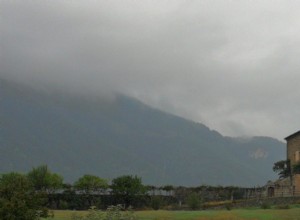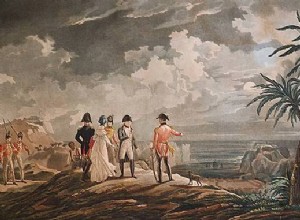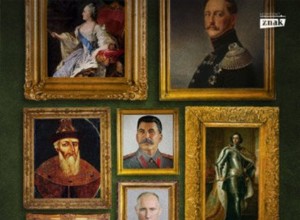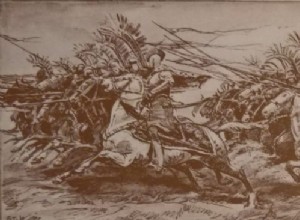The castle of Sarre is located in the alpine valley from Aosta, just over 15 kilometers from the capital that gives its name to the valley. This castle is located on a small hill in the small town of Sarre, from which it perfectly overlooks the Dora Baltea river basin. Brief history of the Castle of




